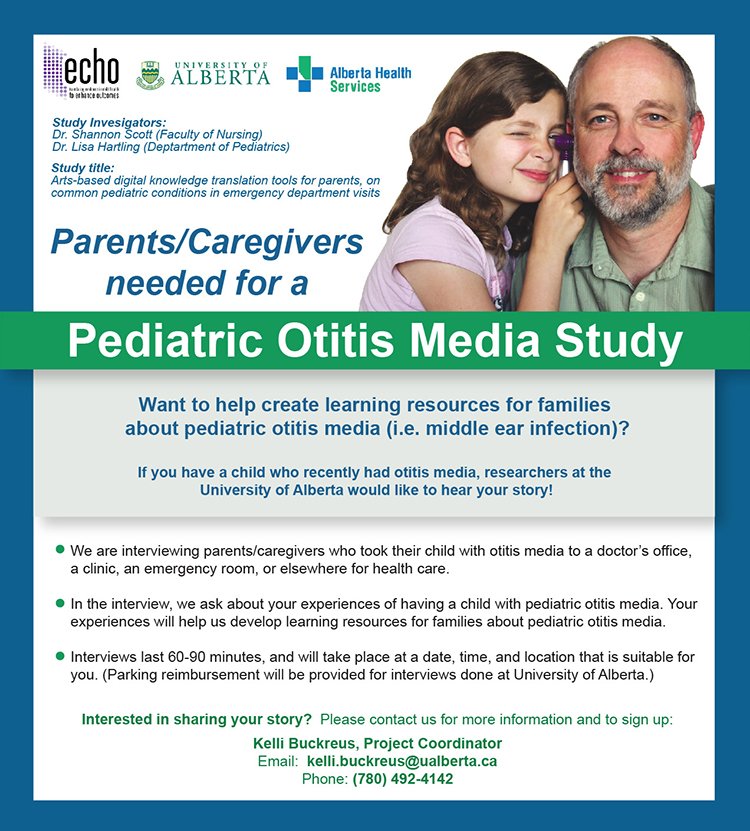 Imagine what it would be like to be totally unaware that things exist in the world that cannot be seen. As such, emotions, for example, would not exist, let alone be understood. This was Kim’s reality for 54 years.
Imagine what it would be like to be totally unaware that things exist in the world that cannot be seen. As such, emotions, for example, would not exist, let alone be understood. This was Kim’s reality for 54 years.
Kim’s brain is not great at seeing emotion. When she looks out at the world she physically sees all the things that most people see, but with much of the emotion subtracted. She sees the same tables, the planes, the trees … the people moving back and forth. But the feelings — particularly the subtle ones — are invisible. Though for most of her life she didn’t realize that.
“This is the interesting thing,” Kim says. “We believe our senses, so I didn’t know I was missing anything. If I’m seeing people talking and it simply looks like people are talking, why should I think that they might be feeling angry or sad or anything, if I’m not sensing that?”
However, thanks to some researchers and a magnet, Kim was able to “see” the unseeable for an hour. This hour of “seeing” has provided her with a greater understanding of the life she is living. To read the full story, click here.







